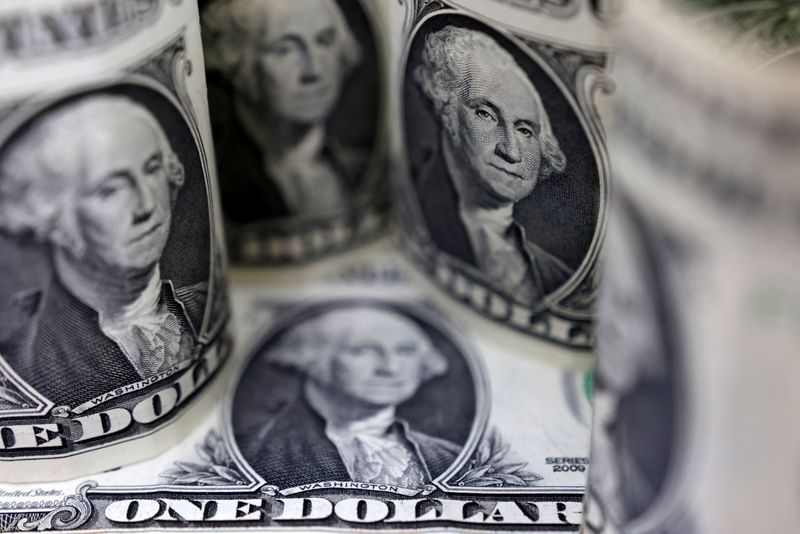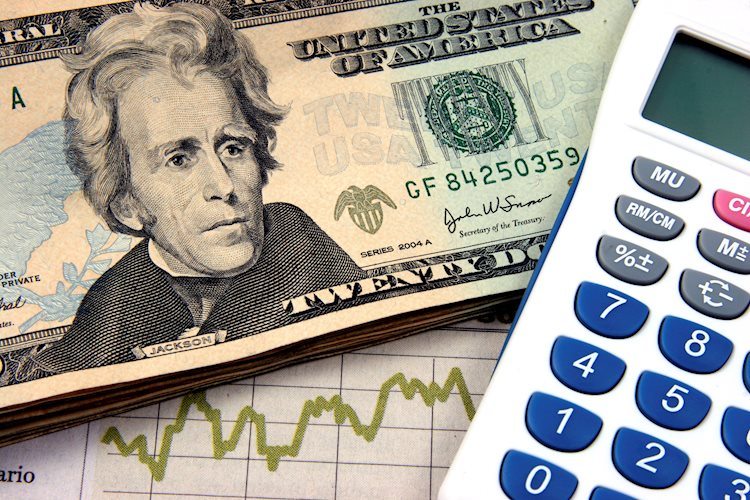© Reuters
Investing.com — The U.S. dollar traded higher in early European trade Tuesday, with risk sentiment hit as disappointing Chinese trade data pointed to continued weakness in Asia’s largest economy.
At 03:20 ET (07:20 GMT), the , which tracks the greenback against a basket of six other currencies, traded 0.3% higher at 102.190, climbing away from Friday’s one-week low of 101.73.
Chinese trade data points to slow recovery
Data released showed that China’s fell an annual 14.5% in July while contracted 12.4%, falling at their fastest pace since the COVID pandemic in 2020.
The struggles of China, the world’s second largest economy and major regional growth driver, hit risk sentiment, resulting in traders moving toward the safe-haven dollar.
rose 0.3% to 7.2128, while fell 0.7% to 0.6525, with the Australian economy closely linked to the Asian giant’s performance, given China is a major export market for Australia’s raw materials.
Markets are also awaiting data on , due overnight, which is expected to have remained muted in July.
U.S. inflation is the week’s main focus
That said, Thursday’s will be the week’s data highlight, with traders keen for more clues of the likely future path of ahead of September’s Fed meeting.
Expectations are climbing that the U.S. central bank will end its year-long tightening cycle next month, and traders will be looking for signs that inflation is slowing.
That said, in the United States are expected to have risen 4.7% on an annual basis in July, which could help the dollar push further higher.
German annual inflation retreats
fell 0.2% to 1.0978 after consumer prices rose on the month in July, an annual rise of , below June’s 6.4% rise.
The single currency retreated in the previous session on news that dropped more strongly than forecast in June, and signs that inflation is moderating in the eurozone’s largest economy could persuade the to pause its rate-hiking cycle.
Elsewhere, fell 0.2% to 1.2763 and rose 0.4% to 143.09, with both sterling and the Japanese yen coming under pressure from the stronger dollar.












